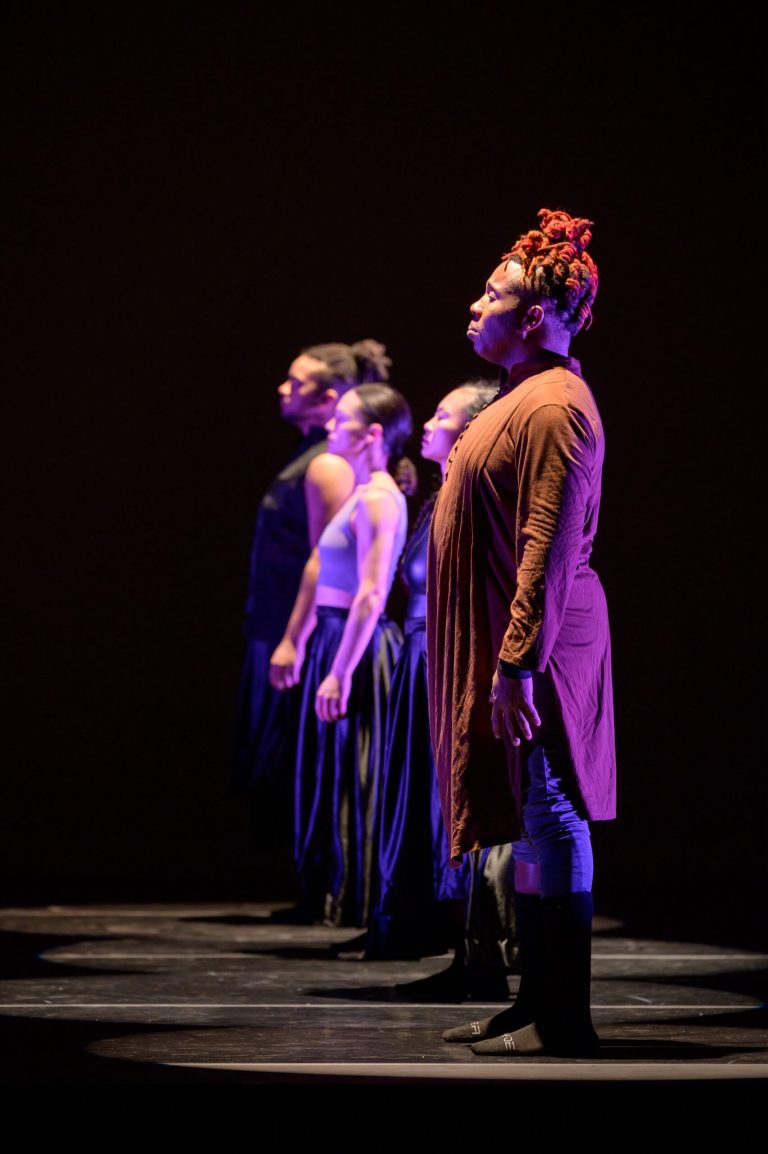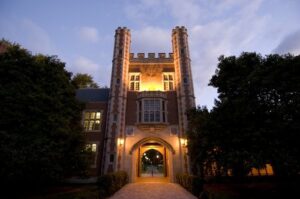Brendan W. Clark ’21
Editor-in-Chief
Trinity’s Board of Trustees convened virtually for their fall meeting on October 16th and October 17th, addressing Trinity’s budget deficit of $1.3 million for FY 2020 and the work that the Board has undertaken relative to diversity and inclusivity on campus, among other matters, according to an email from President of the College Joanne Berger-Sweeney Thursday afternoon.
Trinity reported a $1.3 million loss for FY 2020, though the impact of the pandemic and global financial turmoil on the College’s Endowment was not readily available. The loss to the Endowment at the end of March had been projected as $120 million, though losses have likely been allayed by an improvement in market conditions. Berger-Sweeney indicated that the FY 2020 budgetary deficit was “far less than initial projections,” which were projected to be between $7 to $10 million in mid-April.
Rojas referred the Tripod to Berger-Sweeney’s June 25th letter for what led to the reduction in deficit, though declined to comment on “the savings realized from the difficult personnel decisions that were made.” The FY 2021 budget, Rojas added, “no longer anticipates a deficit, thanks to higher than expected enrollment and retention rates.”
The College’s consolidated financial statements for FY 2020 have been “slightly delayed,” Berger-Sweeney added. It was not immediately clear what had accounted for the delay and Rojas declined to clarify, noting only that they would be released in several weeks. The Tripod reviewed a modest 3% Endowment growth and increase in some administrative salaries for FY 2019 in a report earlier this week.
Berger-Sweeney lauded the “sacrifices by individual community members, reductions in department budgets, and strong fundraising results” as crucial in mitigating the financial impacts. Trinity had previously laid off eleven employees and frozen capital projects, in addition to imposing modest salary cuts for senior administrators.
Relative to the coronavirus response, Berger-Sweeney noted that Trustees “learned about our plans for contact tracing and our isolation and quarantine protocols” and saw those “plans in action” this weekend while Trinity remained in the midst of an outbreak that was the largest in the NESCAC.
It was not clear to what extent, if at all, the trustees were involved in the creation of those protocols or if the trustees will be engaging in oversight of the College’s recent response given student concerns regarding isolation protocols. Chief of Staff to the President Jason Rojas indicated that the “plan was developed primarily by representatives of the administration, faculty, and staff from across the college.” However, Rojas indicated that the administration “regularly briefs” the Board of Trustees on reopening developments.
Separately, the College did meet its “enrollment goals for the Class of 2024” and separately reported a first-year retention rate of 90%, resolving previous Admissions concerns in April that the pandemic would adversely impact retention rates for the incoming class. That enrollment goal, Rojas clarified, represents the “percentage of first-year students enrolled in the fall of 2019 who continued their enrollment this fall 2020.”
Among the business passed by the Board included resolutions congratulating the work of faculty and the staff and the administration for their “outstanding service to Trinity throughout the pandemic.” Trinity’s former Vice President for Information Technology Sue Aber, who retired earlier this year, was also honored. Her permanent replacement and the search process has not yet been announced by the College.
The College continues to “make great progress in pursuit of Summit, our strategic plan,” Berger-Sweeney indicated, citing the creation of a Diversity, Equity, and Inclusion Committee. The creation of the Committee, chaired by Trustee Michael Gary ’86, follows widespread controversy over racial unrest and the College’s delayed response to the demands of @trinsurvivors this summer. The community will hear about “progress in the coming weeks” that the College has made on the diversity commitments made by Berger-Sweeney and the Board in July.
The new committee will “engage with constituent groups and task forces on campus,” Berger-Sweeney added, though it was not immediately clear if activist representatives of @blackattrin and @trinsurvivors would be consulted. Rojas declined to comment if the committee would consult with those groups, noting that it is “getting organized and developing plans to engage campus groups and listen to the many voices that have an interest in this important work.”
The members of the Committee, Rojas told the Tripod, were as follows: Michael Gary ’86, Chair, Henry D’Auria ’83, Steven Elmendorf ’82, Elizabeth Elting ’87, Eric Estes, Ling Kwok ’94, Susannah Heschel ’73, Susannah Kagan ’91, Cornie Thornburgh ’80, and Kelli Tomlinson ’94.
No updates were provided on the Comprehensive Campaign in the email, though Berger-Sweeney thanked trustees Kathryn George Tyree ’86 and Peter Duncan’81 who have chaired the campaign. The College previously declined to comment on the campaign earlier this year and then reversed that position, telling the Tripod that a total of $182 million was raised as of Sept. 24 toward the Campaign’s $435 million goal.
Assistant Vice President for Advancement Christina Posniak told the Tripod in September that the College is “continuing to focus primarily on current support and, in particular, how we can provide direct support for students and families through the Trinity College Fund, current financial aid and the Student Emergency and Equity Fund just as we did this past year.”
The October board meeting included a report from the President’s Commission on Trinity’s Future, which drew ire from some members of the faculty in late April over the circumstances of its creation and its mission.
That Commission cultivated “‘blue sky’ approaches to the future of the college post-pandemic,” Berger-Sweeney added, and was intended to have a “sunset” in October and act “not as an operational committee, but a think tank,” according to Chair of the Board of Trustees Cornelia Thornburgh ’80 in an April Tripod interview.
The Commission’s report will not be made available to the public or to the faculty, Rojas confirmed in a response to a Tripod request Monday. The report, Rojas noted, is at this stage “considered as in-progress and therefore not appropriate for distribution at this time.”
Berger-Sweeney pointed toward her future hope of “continuing [that conversation] with all of you in the coming months.” Rojas echoed these comments, noting that the College will “engage the community in the coming months” as referenced in her Thursday email.
The Tripod interviewed Chair of the Board of Trustees Cornelia Thornburgh ’80 following the Board’s meeting. You can read that article here.








+ There are no comments
Add yours